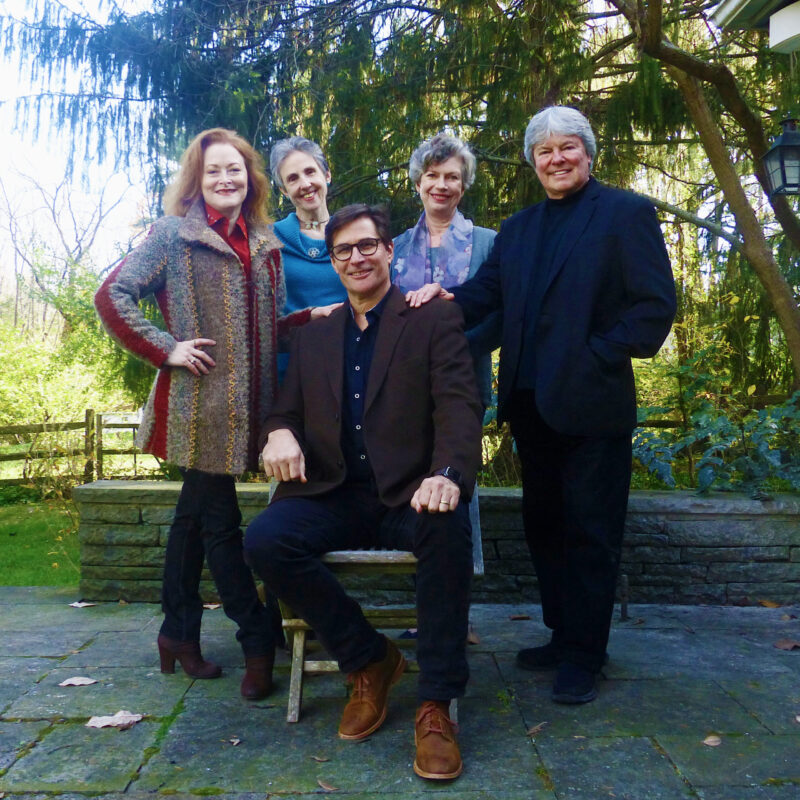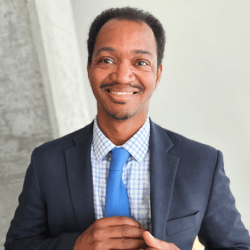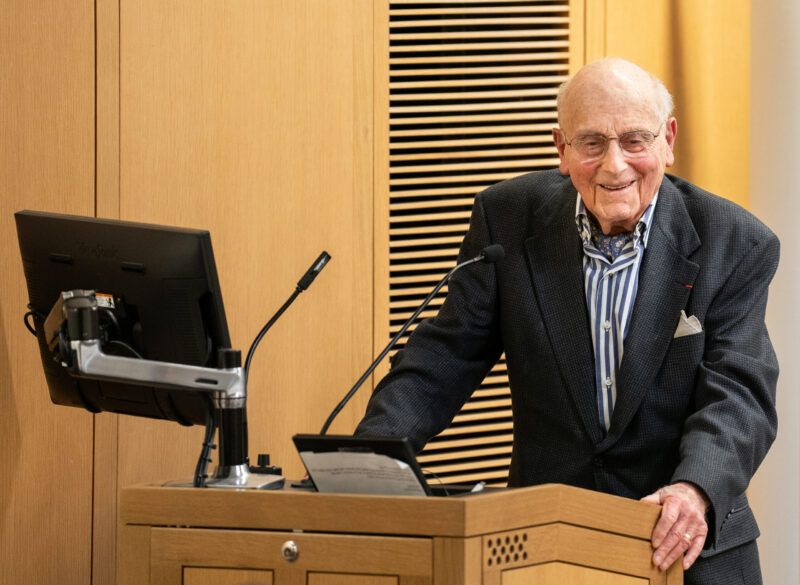By Donald Gilpin
On the morning of December 8, Islamist rebel troops entered Damascus, Syria’s capital. Syrian President Bashar al-Assad fled to Russia, ending his 24-year regime, which had followed his father’s 29-year rule. Ahmed al-Shara, leader of the rebel faction Hayat Tahrir al-Sham (HTS), which was formerly linked to Al Qaeda, has called for their terrorist label to be removed and for the U.S. and others to lift all sanctions on Syria. Many other countries, in addition to Iran and Russia, which withdrew their support for Assad shortly before the coup, are involved in Syria with various conflicting agendas.
“We don’t know how that will end,” said one of the experts at a December 17 panel discussion on “A New Era for Syria,” sponsored by Princeton University’s School for Public and International Affairs. That was a sentiment that all could agree on.
Offering a wide range of knowledge and perspectives, the panelists included Princeton’s School of Public and International Affairs Dean Amaney A. Jamal, who also moderated the discussion; Deborah Amos, Princeton journalism professor and a longtime international correspondent at National Public Radio and elsewhere; Zaid Al-Ali, a visiting research fellow and lecturer at Princeton and the Senior Program Manager on Constitution Building for the Arab Region at International IDEA; and Marwan Muasher, who is vice president for studies at the Carnegie Endowment for International Peace and the former foreign minister (2002-04) and deputy prime minister (2004-05) of Jordan. more




 My preferred Santa of the moment is the one trudging up the Union Square subway stairs on the cover of the December 16 New Yorker, a heavy red bag slung over his shoulder, one hand on the railing, snow falling. I like the noirish urban darkness of Eric Drooker’s image, the way the Con Ed building is framed, the fading portrait of a beloved city against a blank sky. I also like the touch of mortal menace. Will Santa make it to his next stop before he’s mugged or run down by a drunken driver?
My preferred Santa of the moment is the one trudging up the Union Square subway stairs on the cover of the December 16 New Yorker, a heavy red bag slung over his shoulder, one hand on the railing, snow falling. I like the noirish urban darkness of Eric Drooker’s image, the way the Con Ed building is framed, the fading portrait of a beloved city against a blank sky. I also like the touch of mortal menace. Will Santa make it to his next stop before he’s mugged or run down by a drunken driver?











 According to A Book of Days for the Literary Year, the week of December 15 begins with the publication of Emma, a day before Jane Austen’s 40th birthday in 1815. Emma Woodhouse’s comment about a divided understanding of the world’s pleasures, spoken soon after she herself disastrously misunderstands a courtship charade, has me thinking about Authors, the card game that my parents and I played when I was a boy. The fact that Jane Austen had been overlooked by the creators of the game (the only female being Louisa May Alcott) naturally didn’t occur to me, although when my wife and I played Authors with our son decades later, her absence was front and center. How could they leave her out, a question that had serious resonance on the Christmas morning I gave my wife illustrated editions of Persuasion and Mansfield Park.
According to A Book of Days for the Literary Year, the week of December 15 begins with the publication of Emma, a day before Jane Austen’s 40th birthday in 1815. Emma Woodhouse’s comment about a divided understanding of the world’s pleasures, spoken soon after she herself disastrously misunderstands a courtship charade, has me thinking about Authors, the card game that my parents and I played when I was a boy. The fact that Jane Austen had been overlooked by the creators of the game (the only female being Louisa May Alcott) naturally didn’t occur to me, although when my wife and I played Authors with our son decades later, her absence was front and center. How could they leave her out, a question that had serious resonance on the Christmas morning I gave my wife illustrated editions of Persuasion and Mansfield Park.